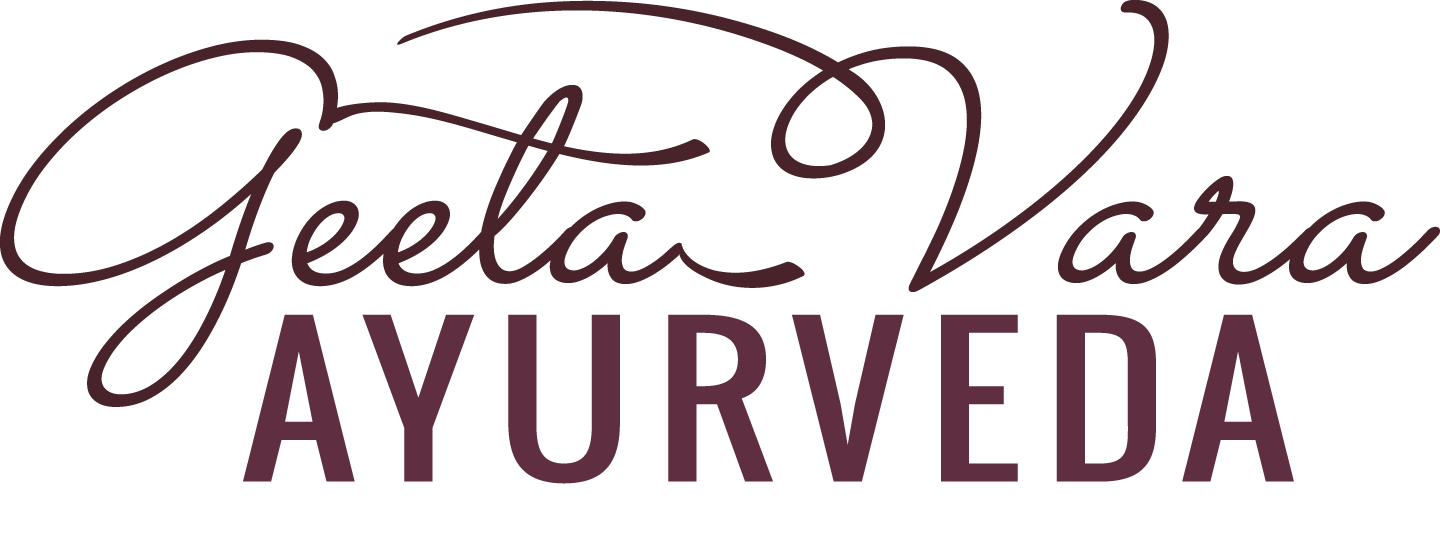Ayurvedic Perspective on Mental Health
/Do you know what doesn’t add up for me? When we are physically unwell we take time to allow the body to recover, so why do we not do the same for when our stress levels increase or our mood and emotions fluctuates?
Why do medical doctors easily prescribe a pill when we are feeling unhappy or anxious as a blanket solution? and why are anti-depressants so common? Conventional medicine suppresses the negative (and positive) thoughts produced by the ‘mental illness’ by altering the neurochemicals within the brain while allowing just the cognitive function to take place. Fluctuation in our mood is an inevitable part of life and we must understand our mind just as we need to understand the body to know where our vulnerabilities lie.
We don’t have to feel burdened with mental health issues or feel embarrassed. With the foot flooring the gas pedal of life and exposure to more and more stressors, insomnia, anxiety and depression have become an epidemic. I see so many of these issues in parallel with physical conditions caused by an underlying imbalance. According to the Mental Health Foundation, 74% of people in the UK in 2017 ‘felt so stressed they have been overwhelmed and unable to cope’. Don’t despair, there are lots of options and help available before you even have to consider going to the GP to pop a pill.
Like all ‘physical’ health conditions in Ayurveda we are looking for the dominant dosha and guna involved with the underlying imbalance. We often allow the mind to get caught up and attached to the interpretation of our thoughts, perceptions, concerns, emotions and opinions.
The Doshas
Depending on your dosha type, your mental reaction to stress and impressions will differ.
A Vata mind will react quickly, impulsively, be hyper-sensitive and easily agitated and instable. A Vata mind can quickly be driven into fear, anxiety, compulsive thinking and uncontrollable pessimistic thinking.
A Pitta mind will tend to get easily frustrated, agitated and angry. There could be a tendency for confrontation, blaming, criticising, aggression and even narcissism. Deep down these displays may be triggered by insecurity and perceived loss of control.
A Kapha mind can tend to become heavy, clouded and dull, and veers towards indulgent and obsessive behavioursm excessive sleep, insensitivity, interia and depression.
The Gunas
The gunas are the three energies that influence our mental faculties (perception, thoughts, emotions and responses). We need all of them at some level for our mind to functional optimally. However an excess of tamas and rajas can create imbalances
Tamas brings stability and grounding but if imbalanced can lead to inertia, stubbornness, greed, dullness, ignorance, stagnation.
Rajas brings activity, movement, passion and drive but when imbalanced can display over drive, craving of attention and power and aggressive nature. This energy can help reduce and balance tamas.
Sattva is pure balanced energy we can never have too much of this quality, it stimulates peace, expansiveness, compassion, wisdom.
Ayurveda considers health to be a balance of mental, physical and spiritual wellness. Our physical and mental health is completely intertwined and we must look at ourselves in this holistic light. There is no one pill for an ill, mental or physical!
Thousands of years ago vedic scholars wrote about traditional mental health promoting practices - all of which contribute to a healthier state of mind that considered the personalisation for each patient based on the doshas and gunas. Mental health wellness falls into 3 broad categories:
SATVAVAJAYA
This involves the practice of yoga, Yama & Niyama (ethical living and self discipline), supportive relationships, proper interpretations through sensory organs, Pranayama (breathing practices) that increase our life-force energy, meditation to help us to be present and still.
DAIVAVYAPASHRAYA
The element of faith - faith in our ability to heal, faith in a divine source. Using tools such as chanting of mantras that can shift our inner vibration and spiritual rituals (homa) to clear negative energies.
YUKTIVYAPASHRAYA
Using diet, nutrition, exercise, lifestyle and medhya rasayana (mental cleansing and rejuvenating) herbs such as ashwagandha, brahmi, mandukaparni, vacha, tagara, bala, shatavari, nutmeg, and purification treatments (panchakarma) to bring back dosha and guna balance to the mind.
Please consult an https://apa..uk.com registered health practitioner for professional guidance. Safety of herbal use is imperative.

